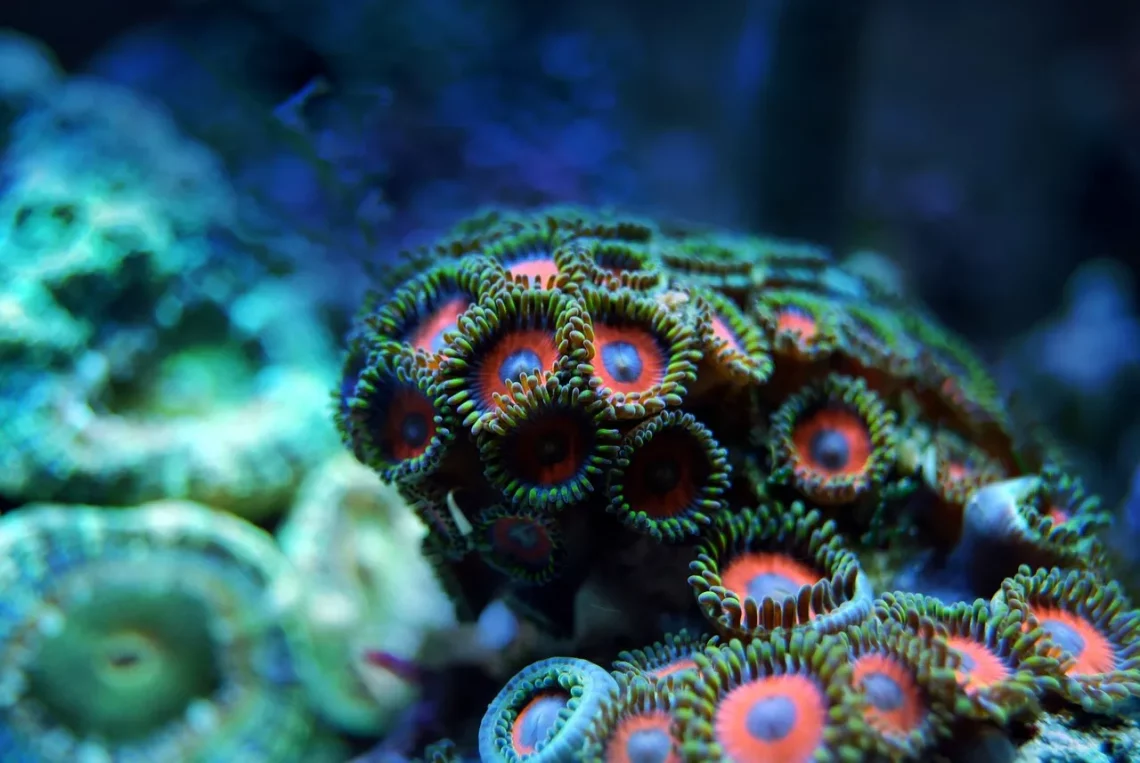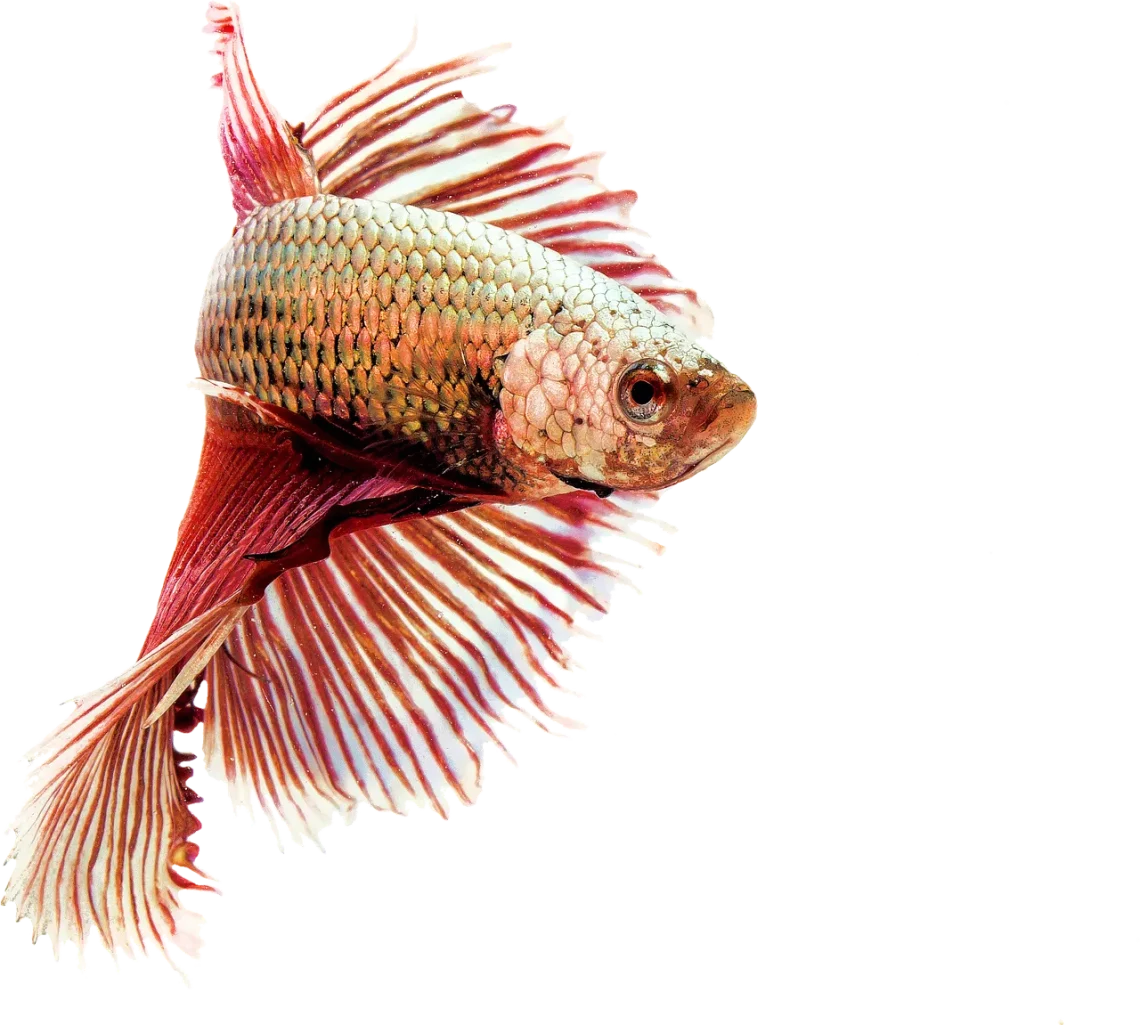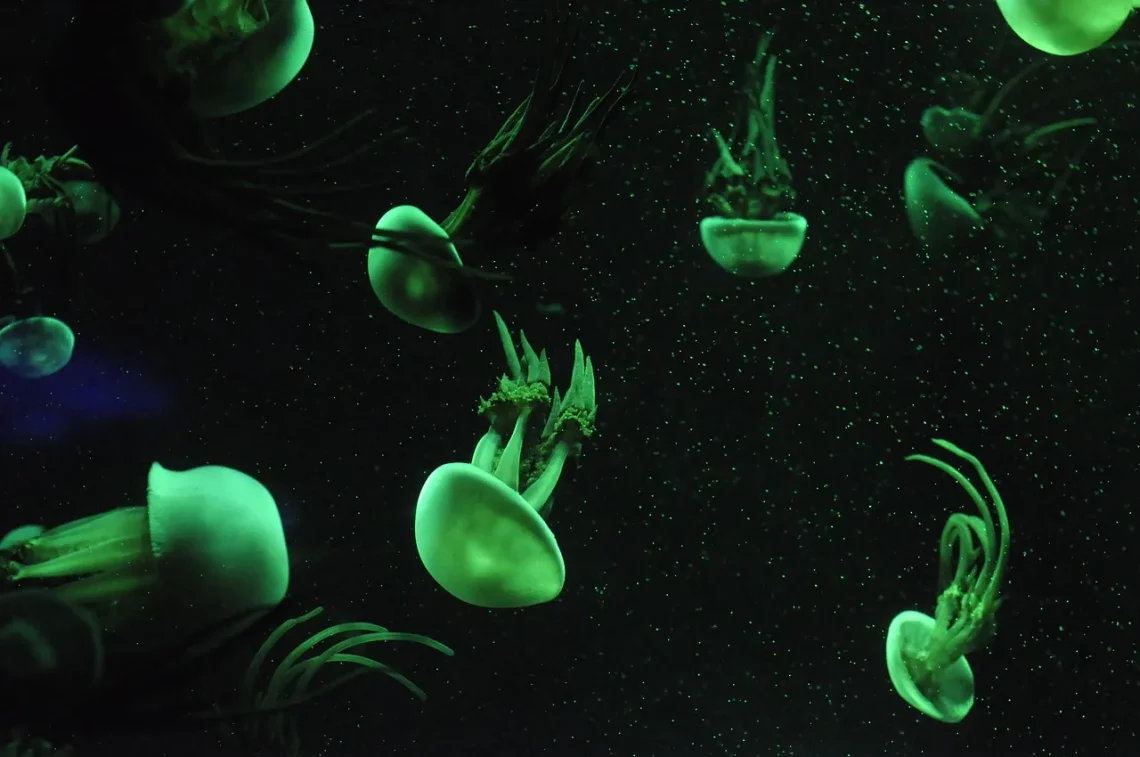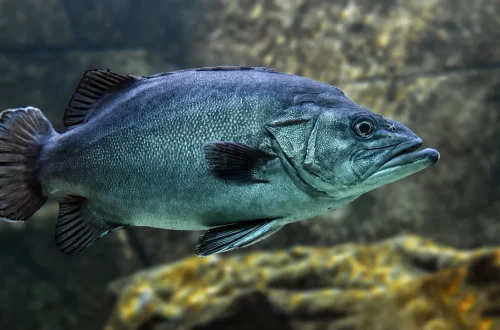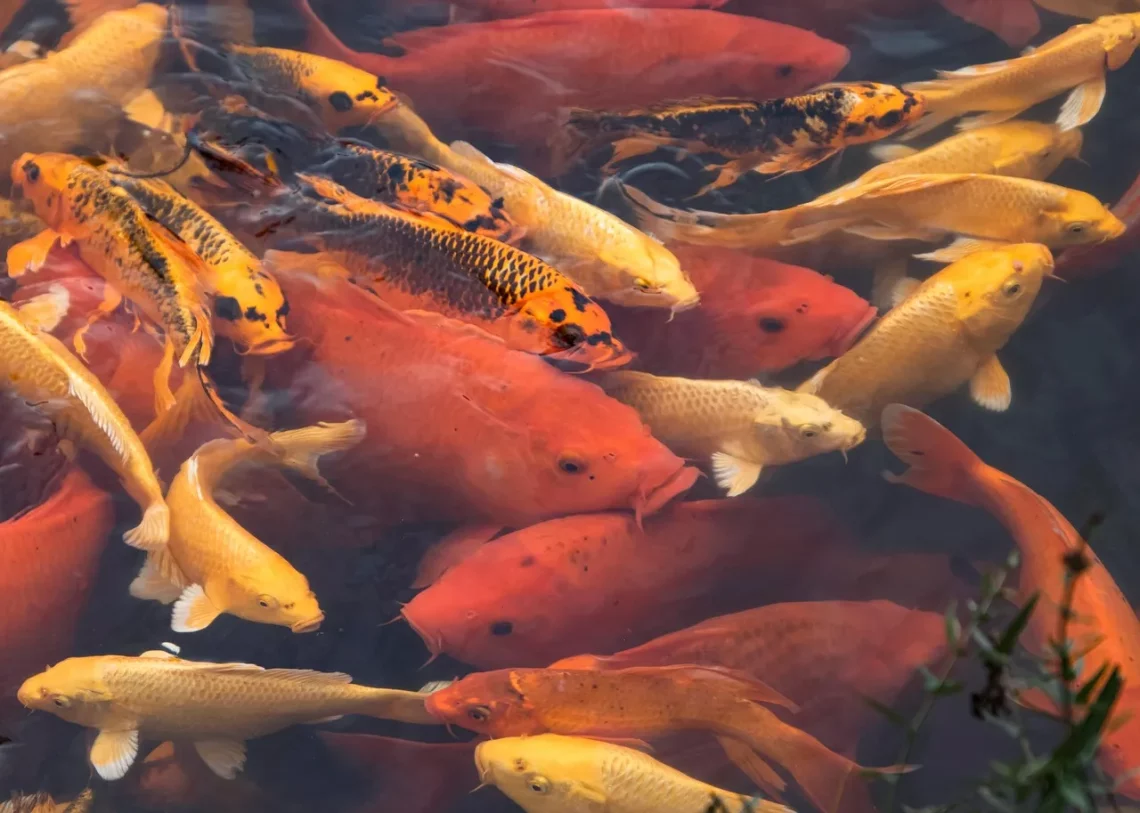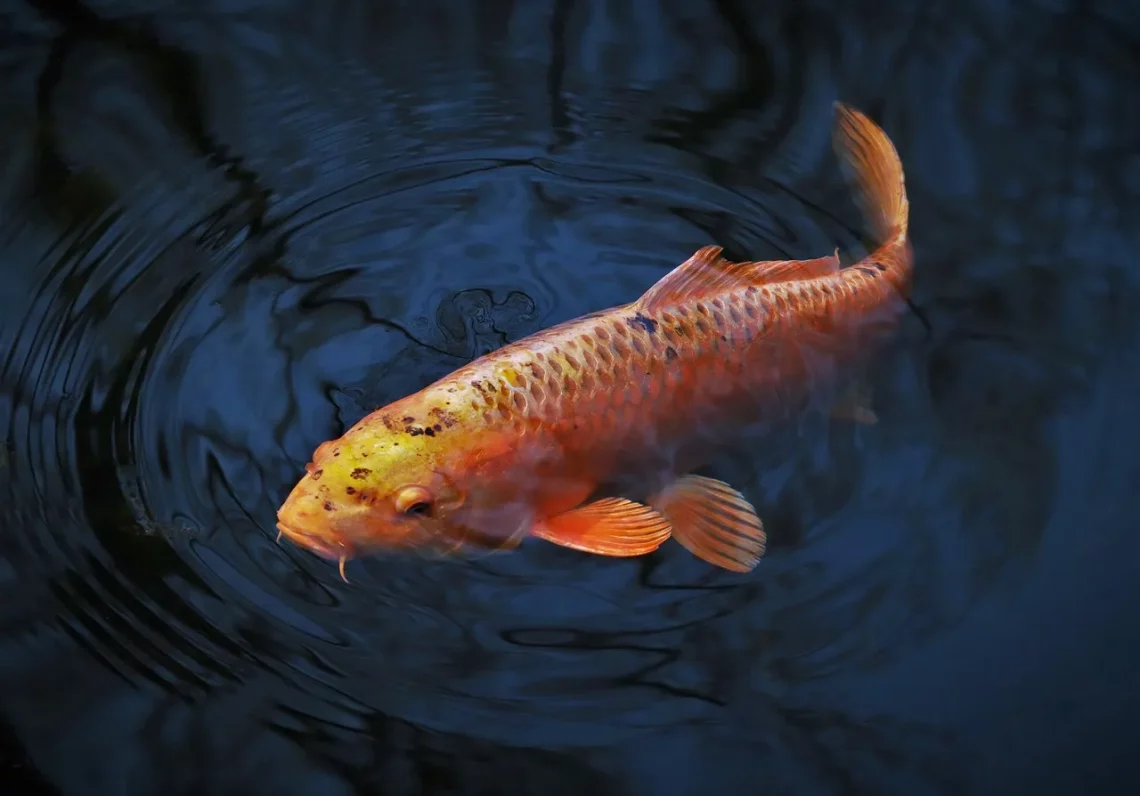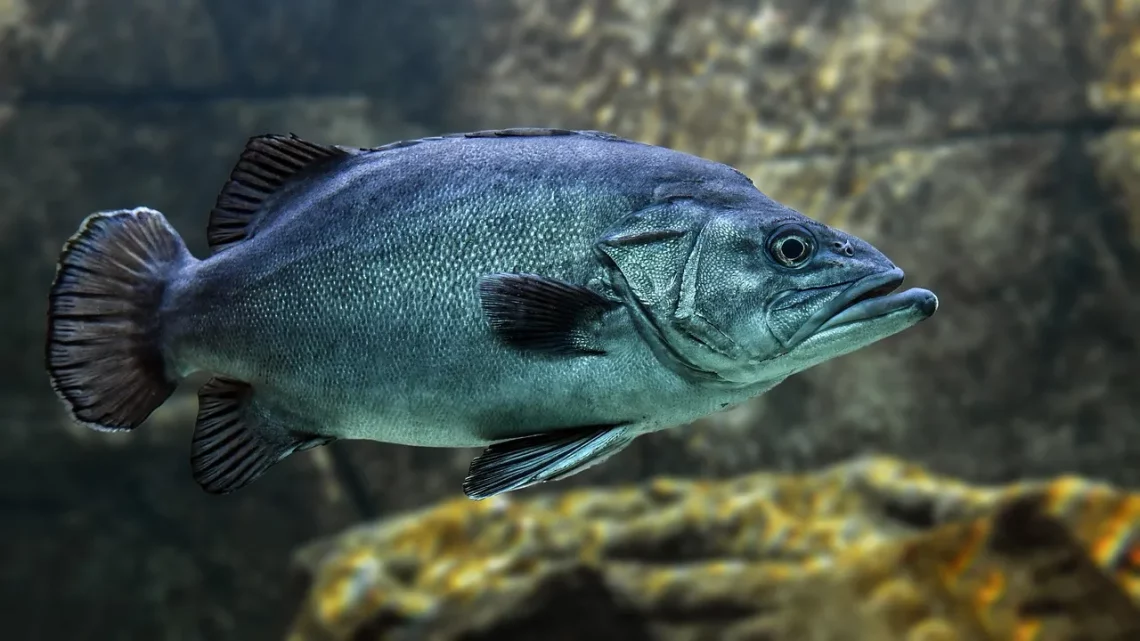-
Essential Guide to Saltwater Fish Filters for a Thriving Aquarium
Creating a thriving saltwater aquarium is a rewarding endeavor that brings the beauty of marine life into your home. However, maintaining a healthy aquatic environment requires careful consideration of various factors, with filtration being one of the most critical. Saltwater fish are often more sensitive to water quality than their freshwater counterparts, making a reliable filtration system essential for their well-being. In a saltwater aquarium, the filtration process goes beyond just removing visible debris; it also involves the management of harmful substances such as ammonia, nitrites, and nitrates, which can quickly build up and lead to detrimental conditions for fish and other inhabitants. Understanding the types of filters available, how…
-
Choosing the Best Saltwater Fish Filter for a Healthy Aquarium
Creating a thriving saltwater aquarium is a rewarding endeavor that brings the beauty of the ocean into your home. However, maintaining a healthy aquatic environment requires careful planning and the right equipment. Among the most crucial components of your aquarium setup is the filtration system, which plays a vital role in ensuring that the water remains clean and safe for your fish and other marine inhabitants. Unlike freshwater tanks, saltwater aquariums pose unique challenges because they require not only the removal of waste and toxins but also the stabilization of salinity levels and the maintenance of essential water parameters. When selecting a filter for your saltwater aquarium, it’s essential to…
-
Do Nitrates Disappear Without Water Changes in Aquariums?
Aquariums can be a beautiful addition to any home, providing a serene and captivating environment filled with vibrant fish and lush aquatic plants. However, maintaining a healthy aquarium is not just about aesthetics; it requires a keen understanding of the ecosystem that exists within the tank. One of the critical aspects of aquarium maintenance is managing water chemistry, particularly the levels of nitrates. High nitrate levels can lead to various problems, including algae blooms and poor fish health, making it crucial for aquarists to monitor and manage these compounds effectively. Nitrates are a byproduct of fish waste, uneaten food, and decaying organic matter. In a closed system like an aquarium,…
-
How Long Can Fish Survive Without Food in Their Environment?
Fish are fascinating creatures that inhabit a diverse range of aquatic environments, from tranquil freshwater lakes to the vast, mysterious oceans. Understanding their biology and behavior is crucial for both enthusiasts and researchers. One of the key aspects of fish life is their feeding habits, which can vary widely across species. However, there may come a time when these creatures face food scarcity, whether due to environmental changes, overpopulation, or other factors. The ability of fish to endure periods without food is a topic that not only intrigues aquarists but also raises questions about their resilience and adaptability. Fish, like all living organisms, require energy to survive. This energy is…
-
Exploring the Fascinating World of Rainbow Fish Species
The underwater realm is a vibrant tapestry of life, where color and diversity abound. Among the myriad of species that inhabit the world’s oceans, the rainbow fish stands out as a symbol of brilliance and charm. These fish, known for their striking hues and captivating patterns, have garnered the attention of marine enthusiasts and researchers alike. Their unique adaptations and behaviors not only contribute to their beauty but also play crucial roles in the ecosystems they inhabit. Rainbow fish are not just a visual feast; they are a testament to the wonders of evolution and biodiversity. From their varied habitats in coral reefs to freshwater streams, these species exhibit a…
-
Humane Methods for Euthanizing a Fish: A Step-by-Step Guide
Euthanizing a fish is a sensitive and often challenging topic for aquarists, hobbyists, and professionals alike. Despite the emotional weight that accompanies such a decision, understanding humane methods for euthanizing fish can ensure that the process is as painless and stress-free as possible. Fish, like all living beings, can experience suffering, and it is our responsibility to mitigate that suffering when the time arises. The ethical considerations surrounding euthanasia in fish involve not only the methods employed but also the timing and context of the decision. Whether due to illness, injury, or simply old age, recognizing when it is time to make this difficult choice is crucial. Fish are unique…
-
Top Cold Water Fish Species for Your Aquarium Setup
Setting up an aquarium is an exciting venture that allows you to create a beautiful underwater world right in your home. For many aquarists, the choice of fish species plays a crucial role in determining the overall health and aesthetic appeal of the aquarium. When it comes to cold water fish, the options are plentiful, each offering unique characteristics and care requirements. Cold water fish are typically those that thrive in temperatures lower than 75°F (24°C), making them suitable for unheated aquariums or those where heating is not practical. Choosing the right species can enhance the visual dynamics of your tank while ensuring a harmonious environment for all inhabitants. These…
-
Optimal Temperature Range for Neon Tetras in Home Aquariums
Creating an ideal environment for your aquarium inhabitants is essential for their health and well-being. Among the numerous species of freshwater fish, neon tetras are particularly popular due to their vibrant colors and peaceful nature. However, providing the right conditions for these small fish can be challenging, especially when it comes to maintaining an optimal temperature range. The temperature of the water significantly impacts the behavior, health, and overall vitality of neon tetras. These delicate fish are originally from the Amazon Basin, where they thrive in warm, soft, and slightly acidic waters. This natural habitat informs the temperature range necessary for their survival in home aquariums. Understanding how temperature affects…
-
Do Fish Pass Gas and Other Surprising Facts About Aquatic Life
Aquatic life is a realm filled with mystery and wonder, captivating the imaginations of scientists and enthusiasts alike. The oceans, rivers, and lakes are home to a diverse array of species, each exhibiting unique behaviors and adaptations that have evolved over millions of years. As we delve deeper into the aquatic world, we uncover an intricate web of life that challenges our understanding of biology and ecology. Fish, for instance, are often seen as simple organisms, but they possess complex physiological systems that allow them to thrive in various environments. From the depths of the Mariana Trench to the shallow shores of coral reefs, fish have adapted in remarkable ways.…
-
How Long Can Fish Survive Without Eating?
Fish are fascinating creatures that inhabit a variety of aquatic environments, from the deepest oceans to the smallest ponds. Their unique physiology allows them to thrive in conditions that might be inhospitable to other animals. One of the most intriguing aspects of their biology is their feeding habits and how they cope with periods of food scarcity. Understanding how long fish can survive without eating can offer insights not only into their resilience but also into the ecological balance of aquatic ecosystems. Fish are ectothermic animals, meaning their body temperature is regulated by their surroundings. This characteristic influences their metabolism and ultimately their nutritional needs. For instance, a fish’s requirement…
